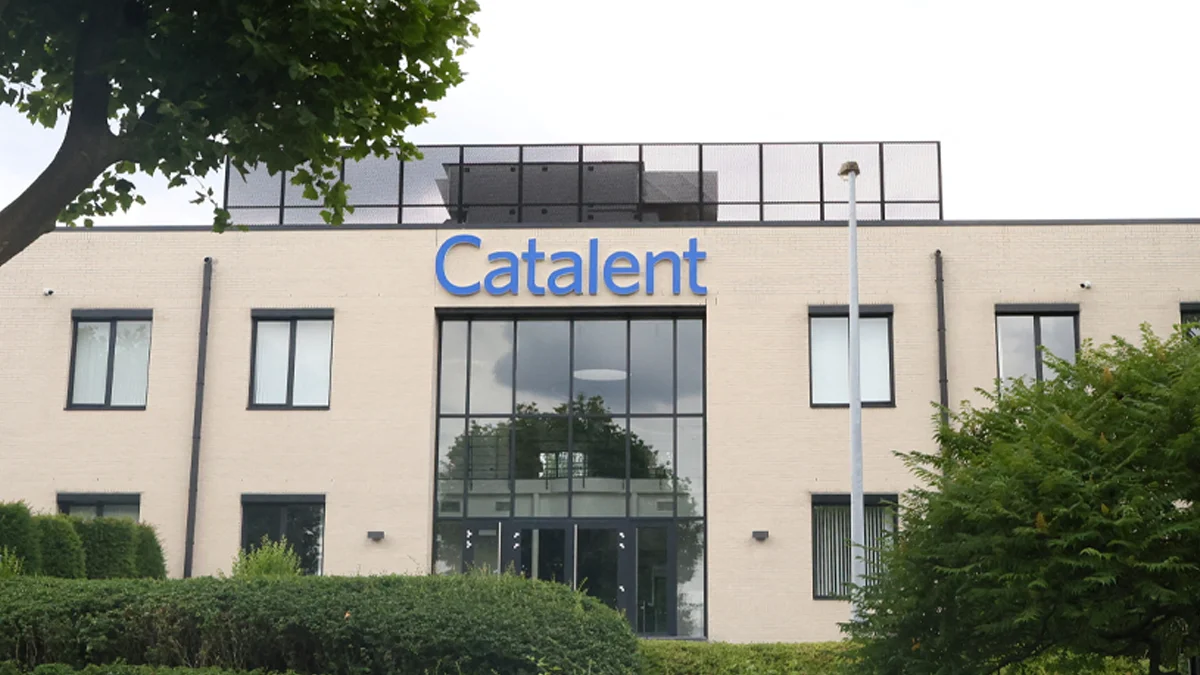Necessary Always Active
Necessary cookies are required to enable the basic features of this site, such as providing secure log-in or adjusting your consent preferences. These cookies do not store any personally identifiable data.
|
||||||
|
||||||
|
||||||
|

Two of the U.S.’s largest labor unions, along with the U.S. Public Interest Research Group and the Service Employees International Union (SEIU), have requested that the Federal Trade Commission (FTC) block Novo Holdings’ acquisition of Catalent.
According to Reuters, Novo Holdings, the parent organization of Novo Nordisk, plans to acquire contract drug manufacturer Catalent for $16.5 billion. The U.S. Public Interest Research Group and SEIU expressed their concerns regarding the Catalent deal, stating that this acquisition would lead to unfair competition and a reduction in patent access in the diabetes and weight loss drug categories.
U.S. Senator Elizabeth Warren also asked the FTC to look deeper into the deal. Novo Holdings already owns 54% of the market share in the sale of the GLP-1 drug, and the Catalent deal could create an unfair advantage for Novo Holdings. It would be unfair to competitors like AstraZeneca, Pfizer, Amgen, and Roche.
The groups stated, “Because of the proposed acquisition, there is a real question of whether these future rivals to Novo will be able to secure the expertise to bring the product to market and have the available and qualified capacity to manufacture these products when they commercially launch.”
The groups also noted that other pharmaceutical organizations like Sun Pharma, Viking Therapeutics, and Structure Therapeutics are also developing GLP-1 drugs. If the deal goes through, these companies could also be negatively affected. Novo Holdings signed the deal to acquire Catalent in February 2024 to increase the supply of their flagship drug Wegovy.
The terms of the deal allow Novo Holdings to sell three of Catalent’s factories, where injection pens are kept in sterile conditions, to Novo Nordisk for $11 billion. These factories are located in Italy, Belgium, and the United States.
Novo Nordisk has stated that it would honor all the existing contracts at the plants but is unaware of any competitive GLP-1 products being manufactured in the factory for commercial sale.
A spokesperson from Roche did not comment on the letter but mentioned that the company is committed to moving forward with the clinical trials of the GLP-1 drug it has developed. Roche has been able to increase its commercial production “by using a mix of in-house and external manufacturing,” according to the spokesperson.
The proposed acquisition has raised significant concerns across the pharmaceutical industry, with critics warning that it could stifle competition in the GLP-1 drug market, ultimately limiting access to innovative treatments for diabetes and weight loss.